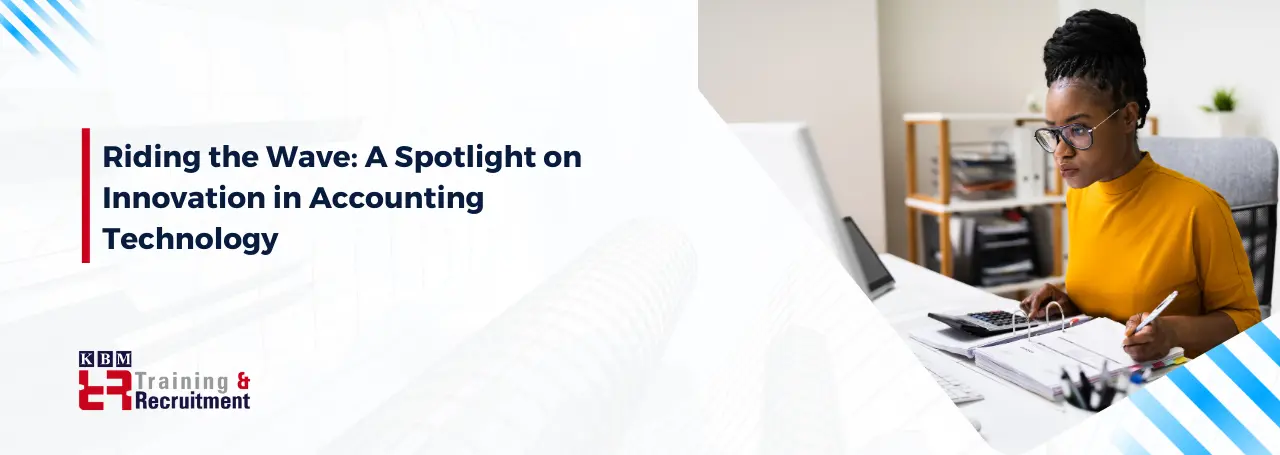Innovation in accounting tech is changing how businesses handle money. Cloud, AI, and blockchain are significant parts of this change. They make things faster, more accurate, and more flexible. Businesses have new chances to succeed in today's challenging market.In this comprehensive exploration, we'll delve into the latest innovations in accounting technology, uncovering their impact and potential for reshaping the industry.
Cloud-Based Accounting Solutions
Cloud-based accounting software has emerged as a game-changer for businesses, offering unparalleled flexibility, accessibility, and scalability. By shifting their accounting practices to the cloud, companies can streamline workflows, reduce costs, and gain real-time access to critical financial data from anywhere in the world.Cloud-based accounting solutions eliminate costly hardware and software installations, providing businesses with a cost-effective and hassle-free alternative to traditional accounting systems.
With features like automatic updates, multi-user access, and seamless integration with other business applications, cloud-based accounting solutions help businesses quickly adapt to changing market conditions and scale their operations.
Artificial Intelligence and Machine Learning
Artificial intelligence (AI) and machine learning are revolutionising accounting processes by automating activities, analysing vast amounts of data, and providing valuable insights into financial performance.
AI-powered accounting software can perform tasks such as data entry, transaction categorisation, and reconciliation with unprecedented speed and accuracy, reducing the burden on finance teams and minimising the risk of errors.
Machine learning algorithms can analyse financial data to identify patterns, trends, and anomalies, enabling businesses to make data-driven decisions and optimise their financial strategies.
By utilising AI and machine learning, companies can improve efficiency, reduce costs, and unlock new opportunities for growth and innovation.
Blockchain Technology
Blockchain technology disrupts the accounting industry, providing a secure and transparent path to record financial transactions. With blockchain, transactions are recorded in a decentralised ledger that is immutable and tamper-proof, providing greater security and integrity of economic data.
Blockchain has the potential to smoothen processes such as auditing, financial reporting, and compliance by providing a single source of truth for accounting transactions. Additionally, blockchain-enabled intelligent contracts can automate contract execution and enforce predefined rules, reducing the need for intermediaries and streamlining business operations.
By leveraging blockchain technology, businesses can enhance transparency, trust, and efficiency in their financial processes, paving the way for a more secure and resilient accounting ecosystem.
Advanced Analytics and Reporting
Advanced analytics and reporting tools empower businesses to gain a deeper awareness of their financial performance and make further informed decisions.
With features like customisable dashboards, interactive reports, and predictive analytics, companies can more accurately track key performance indicators, identify trends, and predict future results.
Advanced reporting capabilities enable businesses to communicate financial information effectively to stakeholders, support strategic planning initiatives, and drive business growth.
With advanced analytics and reporting tools, companies can benefit competitively and stay ahead of the curve in today's fast-paced business environment.
Integration and Automation
Integration and automation are key trends shaping the future of accounting technology. They enable seamless connectivity between different business systems and automate repetitive tasks.
Integration allows accounting software to communicate with other business applications, such as CRM, ERP, and payroll systems. This removes the need for manual data entry and ensures data consistency across platforms.
Automation streamlines processes such as invoice processing, expense management, and payroll processing, freeing up valuable time and resources for companies to focus on strategic activities.
By integrating and automating accounting processes, businesses can improve efficiency, accuracy, and productivity across the organisation, driving increase and innovation in the digital age.
The Bottom Line
Innovation in accounting technology is driving significant advancements in how businesses manage their finances and operate in today's digital economy.
From cloud-based solutions to artificial intelligence, blockchain, advanced analytics, integration, and automation, accounting technology continues to evolve, offering businesses new opportunities to optimise their financial processes, make data-driven decisions, and achieve their growth objectives.
By embracing these innovations, companies can ride the wave of change to stay ahead of the competition in today's dynamic business landscape. As the accounting technology landscape continues to evolve, companies that innovate will be well-positioned to thrive in the digital age and beyond.






















